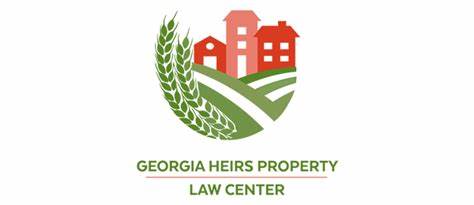Midtown, a bustling and vibrant district in many cities, is a hub of commercial and residential activity. As such, Midtown property law plays a crucial role in governing the rights, responsibilities, and transactions related to real estate in this dynamic urban center. This article delves into the world of Midtown property law, shedding light on its significance, key principles, and its impact on the real estate landscape of this bustling district.
Contents
Understanding Midtown Property Law
It encompasses the legal framework that regulates real estate transactions, ownership, and land use within the Midtown district of a city. It covers a wide range of matters, from commercial leasing to residential property disputes, and plays a pivotal role in shaping the development and growth of the area.
Key Aspects of Midtown Property Law
Zoning and Land Use: It includes zoning regulations that dictate how land can be used within the district. These regulations control the types of businesses, residential properties, and developments that are allowed in specific zones.
Commercial Real Estate: Property law in Midtown guides transactions involving office spaces, retail outlets, and commercial developments. It governs leasing agreements, property management, and tenant rights within the district.
Real Estate: The legal landscape of Midtown property law also extends to residential properties, including condominiums, co-ops, and single-family homes. It covers purchase and sale agreements, property rights, and homeowner associations.
Landlord-Tenant Relationships: It plays a significant role in regulating the relationships between landlords and tenants in both commercial and residential properties, including rental agreements, security deposits, and eviction procedures.
Real Estate Development: Developers navigating Midtown property law must adhere to zoning regulations, obtain necessary permits, and comply with environmental standards when planning and executing construction projects.
Significance of Midtown Property Law
Economic Growth: It contributes to the economic growth and vitality of the district by ensuring orderly and well-regulated real estate development and transactions.
Community Development: Zoning and land use regulations established by it shape the character and aesthetics of the district, contributing to its unique identity and appeal.
Property Ownership: It protects the rights of property owners and tenants, ensuring fair and legal ownership, use, and transfer of real estate assets.
Conflict Resolution: In cases of disputes or conflicts, It provides a structured legal framework for resolving issues related to property ownership, boundaries, and use.
To navigate the complexities of it:
Legal Counsel: Seek advice and representation from experienced real estate attorneys who are well-versed in It and its intricacies.
Zoning and Regulations: Understand the zoning regulations and land use requirements specific to Midtown to ensure compliance with development projects.
Contractual Clarity: When engaging in real estate transactions, ensure that contracts and agreements are carefully drafted, reviewed, and negotiated to protect your interests.
Due Diligence: Conduct thorough due diligence, including title searches and property inspections, to ensure a clear and unencumbered transfer of property.
It law stands as a pillar of governance, ensuring the orderly development, fair transactions, and harmonious coexistence of commercial and residential activities within this bustling urban district. By upholding the principles of it ownership, tenant rights, and responsible land use, Ot contributes to the vibrancy and success of Midtown as a thriving and dynamic hub of economic and social activity.



